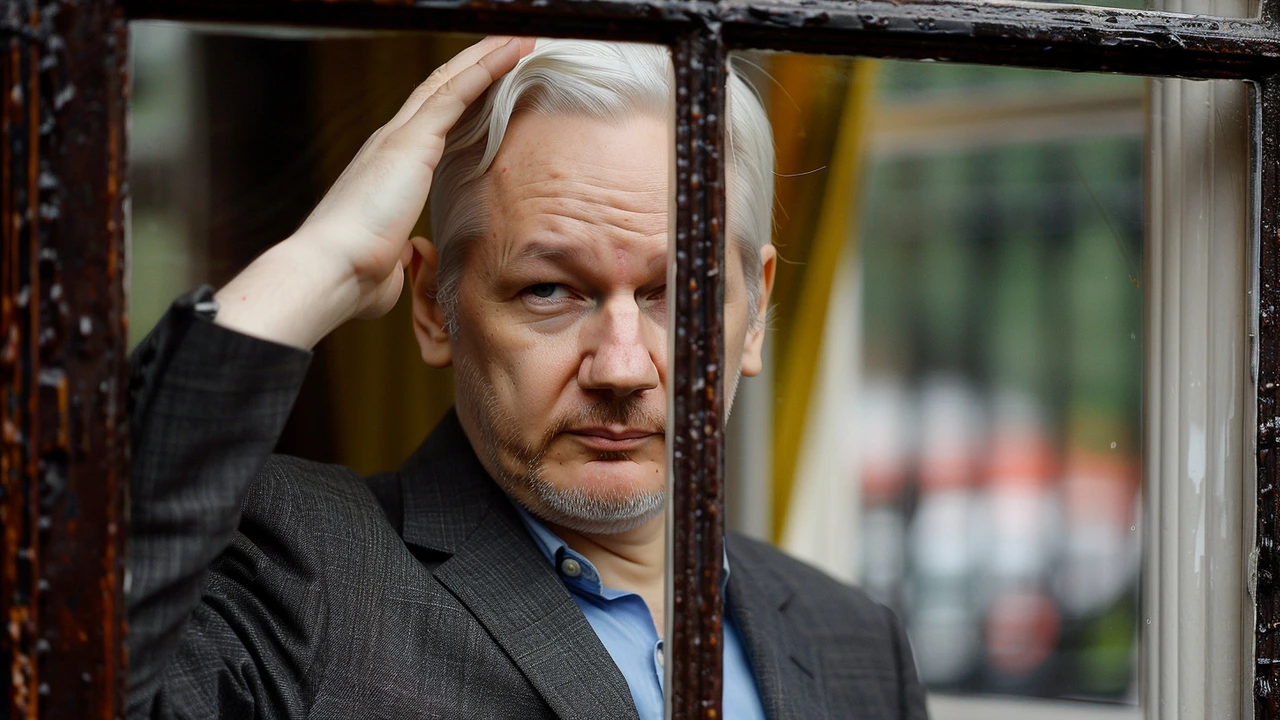WikiLeaks Explained – What It Is and Why It Matters
WikiLeaks is a website that publishes secret documents, emails and other material that governments or companies don’t want the public to see. The goal is simple: shine a light on hidden actions and give ordinary people a chance to judge what’s going on.
People often hear the name in headlines about diplomatic cables or war footage. What they might not know is that the site was started in 2006 by Julian Assange, a tech‑savvy activist who believed that open information can keep power in check.
Major WikiLeaks Moments
Some releases have changed the news cycle. In 2010, WikiLeaks posted about 250,000 U.S. diplomatic cables, showing candid opinions of ambassadors around the world. That same year, the site released a video from an Apache helicopter that appeared to show a civilian casualty in Iraq. Both stories sparked debates about foreign policy and military conduct.
Another big moment was the 2016 release of the Democratic National Committee emails. Those files revealed internal strategy discussions and led to a wave of media coverage during the U.S. election. Whether you think the impact was good or bad, the leaks forced many to examine how data is stored and who can access it.
Beyond politics, WikiLeaks has published documents about corporate tax avoidance, environmental violations, and even sports governance. Each leak gives a glimpse into how decisions are made behind closed doors.
How to Follow WikiLeaks News
If you want to stay on top of the latest releases, start by checking the official WikiLeaks website. They list new documents in a simple menu, and you can download PDFs or view raw data. Sign‑up for their newsletter if you prefer email alerts.
Another easy way is to follow trusted news sites that cover WikiLeaks stories. Look for articles that explain the context, because raw files can be hard to read without background. Our own Rowallan Park Daily News Africa often breaks down the biggest releases and tells you what they mean for Africa and the world.
Social media can also be useful. Search for hashtags like #WikiLeaks or follow journalists who specialize in investigative reporting. Just remember that not every claim you see online is verified – always cross‑check with reputable sources.
Finally, think about why the information matters to you. If a leak involves a policy that affects your community, dig deeper and share the facts with friends or local leaders. Transparency works best when people use it to ask questions and demand answers.
WikiLeaks isn’t just a tech platform; it’s a reminder that information power belongs to the public. By staying informed, you help keep that power balanced.
Stay tuned to Rowallan Park Daily News Africa for easy‑to‑read updates on each major leak, plus analysis on how they shape African politics, business and daily life. We’ll break down the jargon, highlight the key points, and give you practical ways to act on the information.
Julian Assange, WikiLeaks founder, has agreed to plead guilty to violating the Espionage Act. The plea deal, which will be finalized on Wednesday, will resolve Assange's legal issues with the U.S. government. He will receive credit for five years spent in a U.K. prison. Assange was indicted in 2019 for releasing classified military information and is set to plead guilty to conspiracy charges connected to Chelsea Manning.
More
